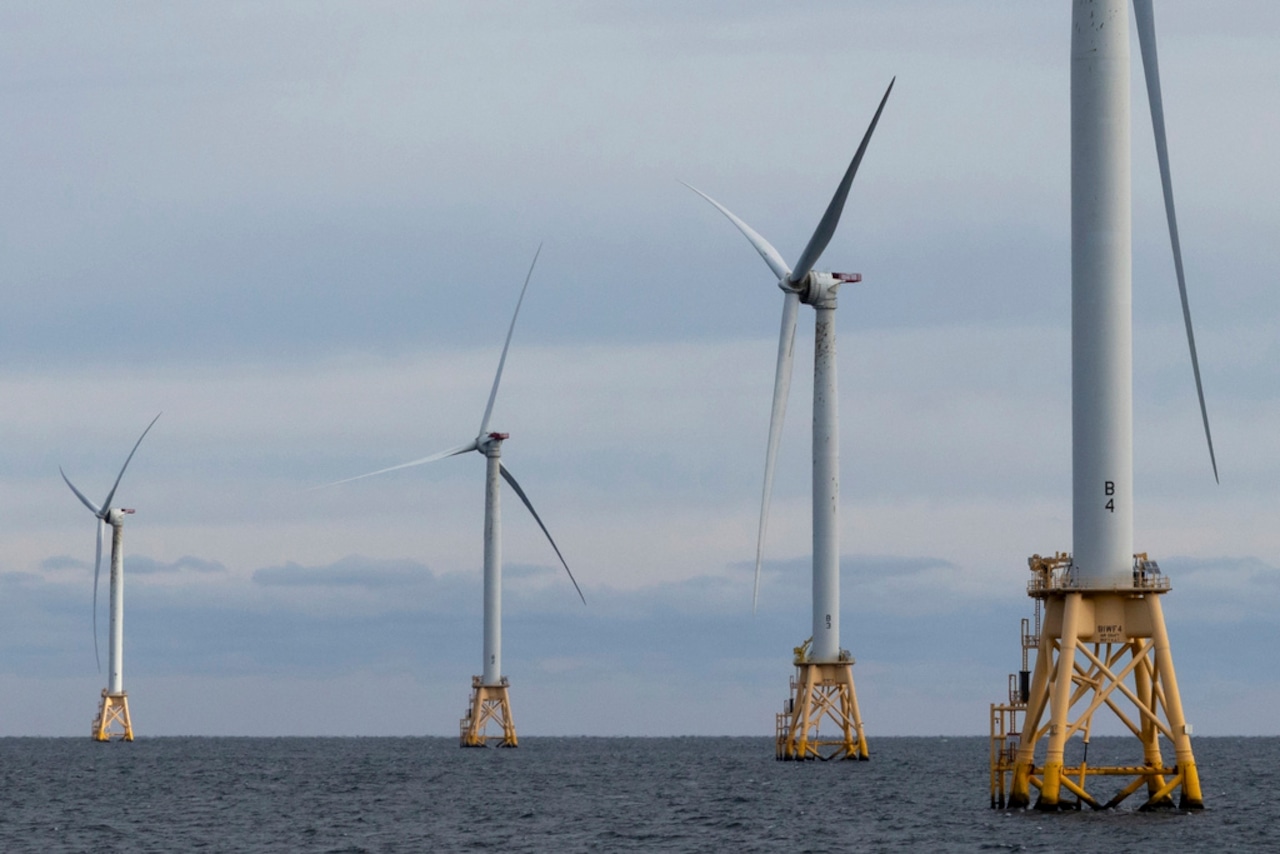
The Massachusetts Senate approved a bill Tuesday aimed at expanding the adoption of renewable energy in a bid to help Massachusetts meet its climate goals, including reaching net zero greenhouse gas emissions by 2050.
Supporters say the proposal will help lower utility bills by directing providers to offer discounted rates to consumers with low and middle incomes and give the state more flexibility to negotiate contracts with providers.
The bill would also ban “competitive electric suppliers,” which cost Massachusetts consumers more than $577 million over the past eight years, according to a report from the state attorney general’s office.
The companies have argued that they can help consumers save money and purchase renewable energy.
If passed into law, the bill would also expand electric vehicle infrastructure by making it easier for local and state entities to purchase EV charging equipment, permit EV charging installation for condo owners, and extend an EV tax incentive program for vehicles purchased through 2027, giving residents $3,500 to $6,000 for the purchase of new or used electric vehicles.
Senate President Karen Spilka said Massachusetts has felt the toll of climate change with heat emergencies in cities and farms underwater from torrential rains.
“We are in a climate crisis. The Senate has heard loud and clear from residents, advocates, and clean energy leaders that we need systemic infrastructure changes to deliver on our net zero by 2050 emissions goals,” she said following the 38-2 vote,
Republican state Sen. Bruce Tarr questioned whether the bill imposed too many restrictions on consumers during the state’s transition to renewable energy sources.
“That clean energy future can’t come at the expense of economic disruption and destabilizing household budgets and eroding consumer choice,” Tarr said during the debate.
In 2022, then-Gov. Charlie Baker signed a bill into law encouraging the development of offshore wind and solar energy and helping to limit the use of fossil fuels in building projects as a way to help bring the state get closer to its goal of net-zero greenhouse gas emissions by 2050.
To help reduce building emissions, the Senate bill would let gas companies pursue geothermal projects, mandate consideration of greenhouse gas emissions when expanding or replacing gas pipelines and require the state to evaluate the greenhouse gas emissions of each state-owned property.
The bill is also intended to help speed up for solar, wind, storage, and other clean energy infrastructure projects by setting 15-month permitting deadlines for larger projects, and 12-month deadlines for smaller projects.
It would also make future renewable energy projects more competitive while allowing Massachusetts to partner with other New England states to help drive down costs and promote innovation in technologies to mitigate climate change.
During the debate, senators also approved an update of the state’s bottle bill, adding noncarbonated beverages, wine and spirits to the list of containers eligible for a bottle deposit, and increasing the deposit amount from 5 cents to 10 cents. Small alcohol bottles, known as “nips,” would be included in the deposit program.
Debate on the climate legislation followed approval last week by the Senate of a companion bill aimed at curtailing the use of plastics in Massachusetts, including barring the purchase of single-use plastic bottles by state agencies.
The bill, approved Thursday, also bans carry-out plastic bags at retailers statewide and require stores to charge 10 cents for recycled paper bags. It also requires straws and plasticware to be available only by request and creates a program to recycle large items like car seats.
The move comes as a growing number of states are address concerns about plastics that harm wildlife, pollute waterways and clog landfills.
The bills still need the approval of the Massachusetts House before heading to Gov. Maura Healey’s desk.





